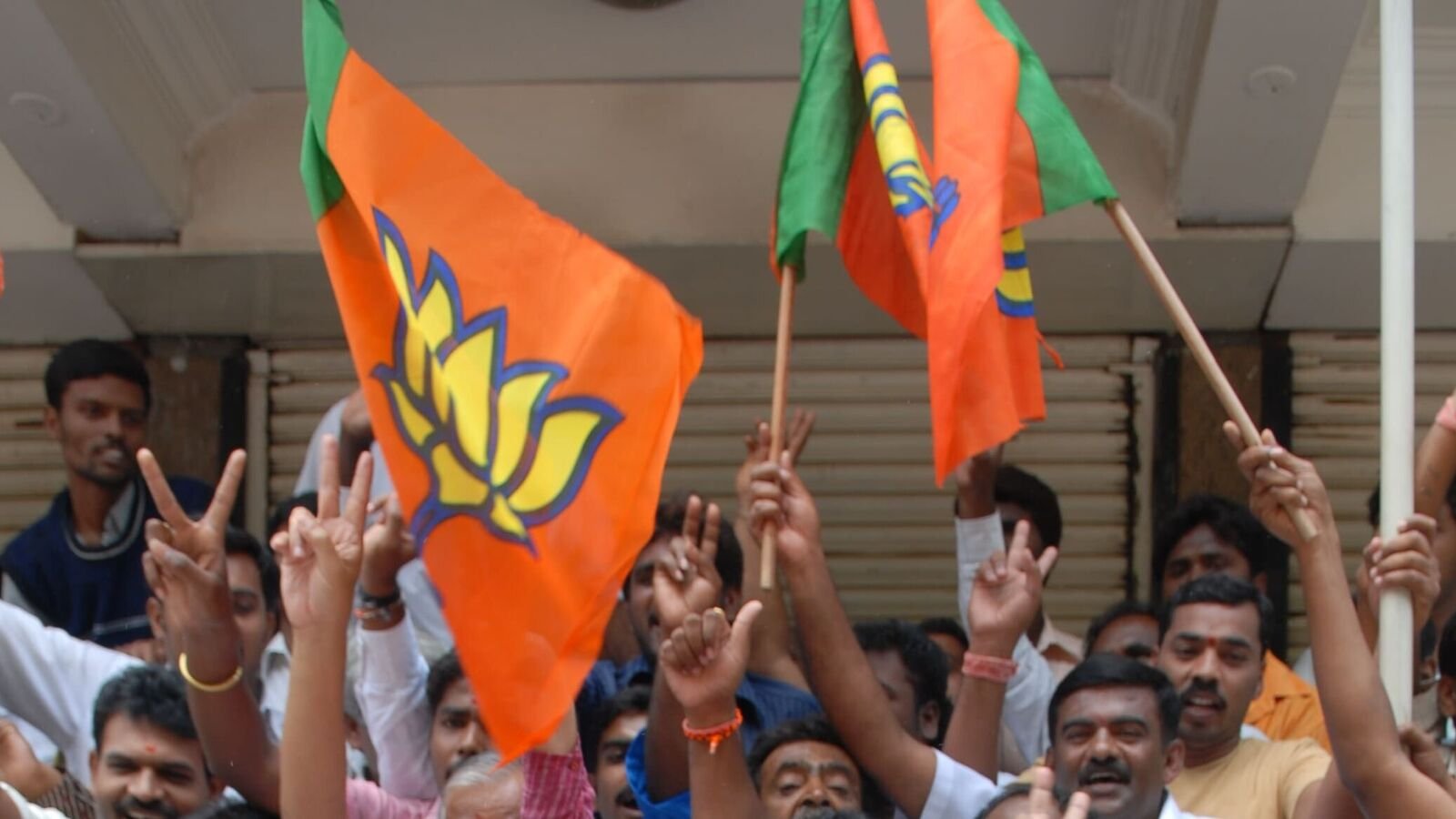By: Dipak Kurmi
The recent uproar in Tamil Nadu concerning the Katchatheevu island, situated in the Palk Strait, has become a political football, with Prime Minister Narendra Modi leveling accusations at the Congress party for its alleged “callous” ceding of the island to Sri Lanka. This controversy, however, appears to be little more than a calculated ploy by the BJP to garner political mileage ahead of the upcoming elections.
The crux of the matter lies not in the peripheral arguments but in the questionable insistence of the Tamil Nadu fishermen to exercise their fishing rights in the Palk Strait, the Palk Bay, and even the waters off the Northeast coast of Jaffna. Their claim, rooted in the assertion of a centuries-old tradition, seems to disregard the broader implications and reasonable boundaries that ought to govern such activities. This unwavering demand fails to acknowledge the complexities of the situation and the need for a more nuanced and equitable approach.
The demarcation of maritime boundaries established in 1974 and 1976 holds no significance for them. They disregard the International Maritime Boundary delineated during those years, rendering it inconsequential to their actions and decisions. The lines drawn on the map to separate territorial waters carry no weight in their considerations, as they operate outside the confines of such legal parameters.
While the demand for regaining control over Katchatheevu from Sri Lanka is often touted as a panacea, it fails to address the crux of the issue. The Tamil Nadu fishermen, equipped with trawlers that indiscriminately scrape the seabed, have not only depleted fish stocks but have also decimated all forms of marine life in the shallow waters adjacent to the Indian coastline. Driven by their unsustainable practices that have exhausted their traditional fishing grounds, they have resorted to unlawful incursions into Sri Lankan territorial waters, venturing dangerously close to the island nation’s shores. Consequently, the mere retrieval of Katchatheevu would prove inadequate in resolving the multifaceted challenges stemming from the overexploitation of marine resources and the ensuing diplomatic tensions between the two nations.
With an audacious disregard for the vulnerable position of the North Sri Lankan Tamil fishermen and the lackluster reaction from the authorities in Colombo, certain parties have been engaging in exploitative practices. Their actions demonstrate a brazen willingness to capitalize on the inherent imbalance of power and the perceived ineffectiveness of the government’s response.
The Tamil Nadu fishermen, when apprehended, present a narrative to the outside world, claiming that they did not transgress the boundaries of Katchatheevu and that the Sri Lankan navy detained them within Indian territorial waters. However, if this account were accurate, the Indian Coast Guard, with its strategic bases situated on the Indian side, would have undoubtedly intercepted the Sri Lankan naval forces. Yet, there has been no recorded instance of confrontation or altercation between the Indian and Sri Lankan naval personnel, casting doubt on the fishermen’s version of events.
The issue of Indian fishermen crossing into Sri Lankan waters has been an ongoing source of tension between the two nations. While Indian diplomats have consistently secured the prompt release of detained fishermen, appeasing Tamil Nadu’s vocal concerns, this temporary solution fails to address the root cause. In the past, the Sri Lankan navy resorted to firing upon trespassing vessels, but such aggressive tactics have been abandoned to avoid provoking India’s ire. Nowadays, the Sri Lankan authorities refrain from even issuing warning shots, wary of antagonizing their powerful neighbor. This approach, though de-escalating potential conflicts, perpetuates the cycle of incursions and subsequent diplomatic interventions, treating the matter as a mere inconvenience rather than a substantive bilateral challenge.
The long-standing issue of Indian trawlers encroaching upon Sri Lankan waters has been a contentious subject, despite Sri Lanka’s ban on trawling imposed in 2017. According to a statement made by the Sri Lankan Fisheries Minister, Douglas Devananda, on the floor of the parliament, a staggering number of at least 5,000 bottom trawlers from the Indian coastal regions of Pondicherry, Karaikal, Rameshwaram, and Nagapattinam have been relentlessly invading Sri Lankan territorial waters week after week. This blatant disregard for maritime boundaries and regulations has severely impacted the livelihood of local Sri Lankan fishermen, who find themselves at the receiving end of the unabated bottom trawling activities carried out by their Indian counterparts.
According to Devananda, the Indian mechanized trawlers underwent a significant transformation after the year 2000, following the agreement struck in 1976. Initially, these vessels measured a modest 36 feet in length and were equipped with engines boasting a relatively modest output of 120 horsepower. However, in the wake of the new millennium, these trawlers evolved into formidable marine behemoths, with their lengths extending to an imposing 50 to 60 feet, and their engines now packing a substantial punch, ranging from 350 to an impressive 550 horsepower.
Large Indian vessels roaming the waters have left North Sri Lankan Tamil fishermen struggling to secure sufficient catches.
“At times, we come back with nothing to show for our efforts, not even enough fish to sustain ourselves,” lamented Rasenthiram Mathiyalahan, the secretary of the Aadhikovilady Fishermen Union in Point Pedro, during an interview with the Sunday Times.
“Some days, we come back empty-handed, with barely enough fish to feed ourselves,” Rasenthiram Mathiyalahan, secretary of the Aadhikovilady Fishermen Union in Point Pedro, shared with the Sunday Times.
The proposal from India and Sri Lanka to grant permits to Indian fishermen for fishing in Sri Lankan waters has sparked outrage among local fishermen. “We vehemently oppose any such proposals from being put into action,” declared Varnakulasingham, a prominent leader among the fishing community.
Despite the existence of the India-Sri Lanka Joint Working Group on Fisheries, its outcomes have been minimal, with the only notable achievement being the agreement from the Sri Lankan side to ensure the humane treatment and prompt release of captured Indian fishermen.
Historically, the Northern Tamil regions were renowned for their exceptional productivity in supplying top-quality seafood for export. However, the relentless pursuit of shrimps, blue swimming crab, and cuttlefish by Indian bottom trawlers has drastically altered the landscape. This exploitation has led to an estimated annual loss of around US$ 750 million to Sri Lanka, impacting approximately 50,000 fisher families.
According to a study referenced in a research paper submitted to the Sir John Kotelawala Defense University, it was found that in 2016, an estimated 1000-1500 mechanized trawlers frequented the waters of the Palk Strait, Palk Bay, and Gulf of Mannar, operating three days a week. During these trips, they managed to harvest around 1900 tons of shrimps and 4000 tons of demersal fish.
Before the invasion of Indian trawlers, Northern Sri Lankan Tamil fishermen were accustomed to earning three times the amount they currently make, with their daily income ranging between just LKR 600 to 800.
Fishermen from the Sinhalese community in South Sri Lanka engage in fishing expeditions in Indian waters, albeit not in the Palk Strait and Palk Bay. Their ventures extend to the deeper expanses of the Bay of Bengal and the Arabian Sea, facilitated by multi-day boats. Occasionally, they encounter interception for fishing in Indian territories but are typically released afterward. (The writer can be reached at dipakkurmiglpltd@gmail.com)







